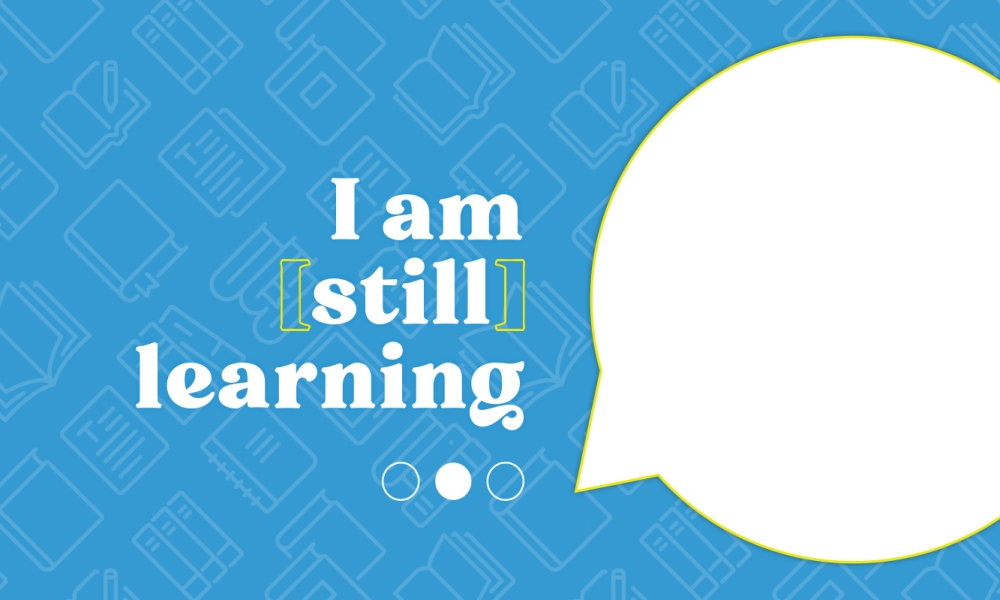
I Am Still Learning
During the pandemic, a lot of people decided they wanted to take up a new skill — mostly, it seemed to involve sourdough starter and baking their way through the Great British Baking Show. I confess to having done both, but realized it would be more useful and less calorie-laden to learn Spanish. So, as of this writing, I am on day 619 of Duolingo. I am definitely not fluent, but I am learning a new skill every day — enough to be able to read those sourdough bread recipes in Spanish and understand them!
The important thing is the learning. Near the end of his life, the philosopher Seneca famously said, “I am still learning.” If we are going to continue to grow, we must follow his advice and continue to learn. And what could be more important than learning about God and about how to share what we learn with others?
I recently read an article in Aleteia citing research by DeSales Media that 20 percent of committed, devout Catholics are not comfortable sharing their faith and do not feel equipped to do so. These are the core of the Church, those we believe to be missionary disciples. They are devoted to the Lord but aren’t comfortable talking about him.
How can we change that?
We need to give people the tools they need to share their faith and the inspiration to believe they can do so. Too many Catholics think that evangelization is the purview of priests, sisters and brothers. We need to hear stories about everyday Catholics who are doing the work of evangelization in their everyday lives — we need to be reminded that talking about Christ is not just for saints.
One way to do that is to share personal witness stories in diocesan publications, websites, videos, social media — find people wherever they are and share models of people just like them who are lights of evangelization in the world.
“We need to give people the tools they need to share their faith and the inspiration to believe they can do so."
We can inspire them.
Another method is to provide them with catechetical information so they can answer questions and speak with confidence. Some Catholics are uncomfortable talking about the faith because they are afraid they don’t know all the answers. When I was a DRE, I reminded catechists that no one can know all the answers about God — but we can share what we do know about his love and mercy. We can educate them.
We can also provide enriching content to encourage spiritual growth — showing people how to pray, how to meditate and how to go deeper into their faith. We can form them.
Sometimes, we have to find unexpected ways to do this. For example, when writing about vocations to the priesthood, our diocesan vocation director asked us to take a different approach — he asked us to feature men who had discerned out of the seminary. He wanted to get the message out there that entering seminary was exploring a call, not making a permanent commitment. He also wanted to remind people in parishes that a man who tried the seminary and then left did not “fail.” In this way, we strove to both inspire men to really consider their calling and to educate people about the true nature of vocation.
To communicate for evangelization, we need to be strategic. Recently, FAITH Catholic commissioned new research by the Center for Applied Research in the Apostolate (CARA) to learn how Catholics are using media to engage with their Catholic faith. We did this because we believe it is crucial that we and others in the Catholic press have a better understanding of how we should respond to changing habits on the part of Catholics so that they’re able to find the content they want and need.
We need to hear stories about everyday Catholics who are doing the work of evangelization in their everyday lives — we need to be reminded that talking about Christ is not just for saints . ”
